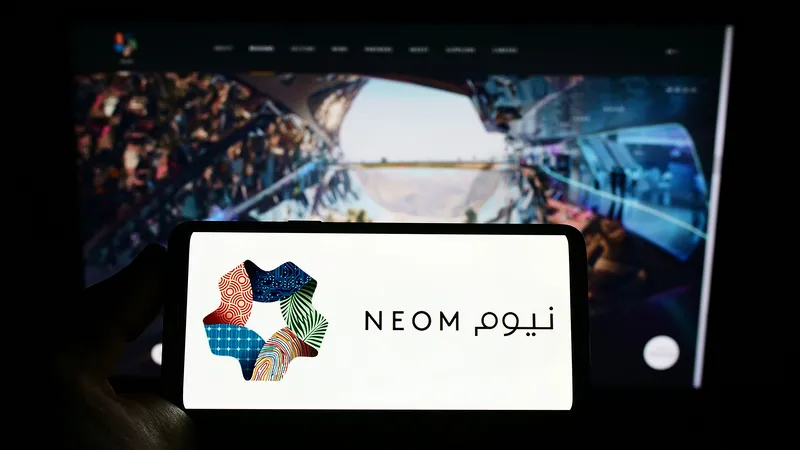A city with half a million inhabitants would save about US$11.8 million per year if its buses ran on electricity instead of diesel, according to analysis conducted the Volvo Group and audit and advisory firm KPMG. The analysis has taken into consideration such factors as noise, travel time, emissions, energy use, taxes and the use of natural resources.
The analysis was based on a city with about half a million inhabitants and 400 buses. If the buses were run on electricity instead of diesel, the total an
September 29, 2015
Read time: 2 mins
A city with half a million inhabitants would save about US$11.8 million per year if its buses ran on electricity instead of diesel, according to analysis conducted the 609 Volvo Group and audit and advisory firm 1981 KPMG. The analysis has taken into consideration such factors as noise, travel time, emissions, energy use, taxes and the use of natural resources.
The analysis was based on a city with about half a million inhabitants and 400 buses. If the buses were run on electricity instead of diesel, the total annualised societal saving would be about US$11.8 million. Among other areas, the savings stem from reduced noise and air pollution, which is estimated to lead to decreased care costs of up to US$2.8 million. The annual reduction in carbon dioxide emissions would total 33,000 tons, corresponding to about 3,000 Swedish households.
“Standard investment appraisals do not take into account all of the costs that impact society and the environment. Therefore, to quantify all of the aspects, we have now calculated the monetary value of an electric bus line,” says Niklas Gustafsson, head of Sustainability at the Volvo Group. “The results show that irrespective of the number of parameters taken into consideration, electric buses comprise the leading public transport solution.”
“Electric buses are an excellent example of an innovation that can create substantial societal values,” says Daniel Dellham, KPMG. “By supplementing standard financial analysis with socioeconomic and environmental factors, one arrives at a more complete picture of the investment’s impact on companies and society.”
In June 2015, a new electric bus line was opened in Gothenburg with the aim of developing and testing new solutions for sustainable public transport in partnership with the Volvo Group and several partners from industry, research and society.
“The bus line is one of the most modern in the world and interest is incredibly high, not least due to the buses being completely silent and emission-free, and being run on electricity from wind and hydro power,” says Niklas Gustafsson. “But the innovation aspect primarily pertains to the complete transportation system. A system that we can now show meets society’s socioeconomic and environmental challenges.”
The analysis was based on a city with about half a million inhabitants and 400 buses. If the buses were run on electricity instead of diesel, the total annualised societal saving would be about US$11.8 million. Among other areas, the savings stem from reduced noise and air pollution, which is estimated to lead to decreased care costs of up to US$2.8 million. The annual reduction in carbon dioxide emissions would total 33,000 tons, corresponding to about 3,000 Swedish households.
“Standard investment appraisals do not take into account all of the costs that impact society and the environment. Therefore, to quantify all of the aspects, we have now calculated the monetary value of an electric bus line,” says Niklas Gustafsson, head of Sustainability at the Volvo Group. “The results show that irrespective of the number of parameters taken into consideration, electric buses comprise the leading public transport solution.”
“Electric buses are an excellent example of an innovation that can create substantial societal values,” says Daniel Dellham, KPMG. “By supplementing standard financial analysis with socioeconomic and environmental factors, one arrives at a more complete picture of the investment’s impact on companies and society.”
In June 2015, a new electric bus line was opened in Gothenburg with the aim of developing and testing new solutions for sustainable public transport in partnership with the Volvo Group and several partners from industry, research and society.
“The bus line is one of the most modern in the world and interest is incredibly high, not least due to the buses being completely silent and emission-free, and being run on electricity from wind and hydro power,” says Niklas Gustafsson. “But the innovation aspect primarily pertains to the complete transportation system. A system that we can now show meets society’s socioeconomic and environmental challenges.”







